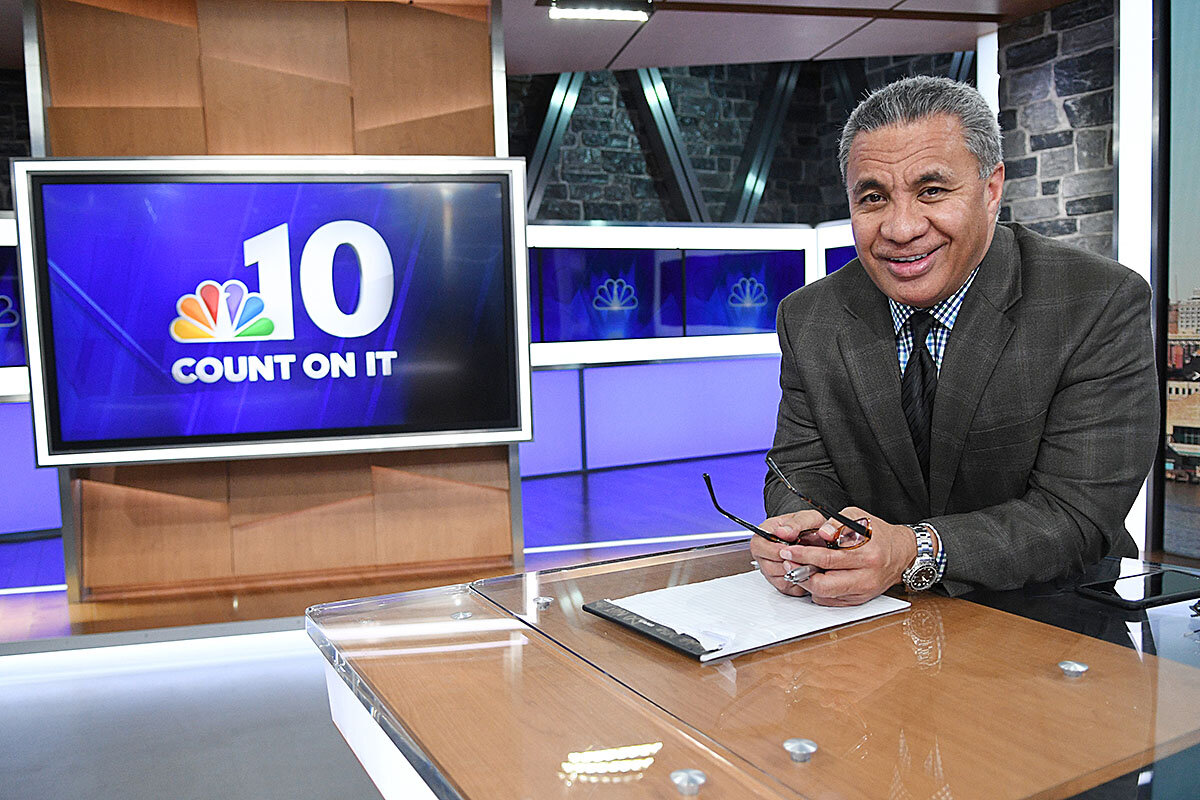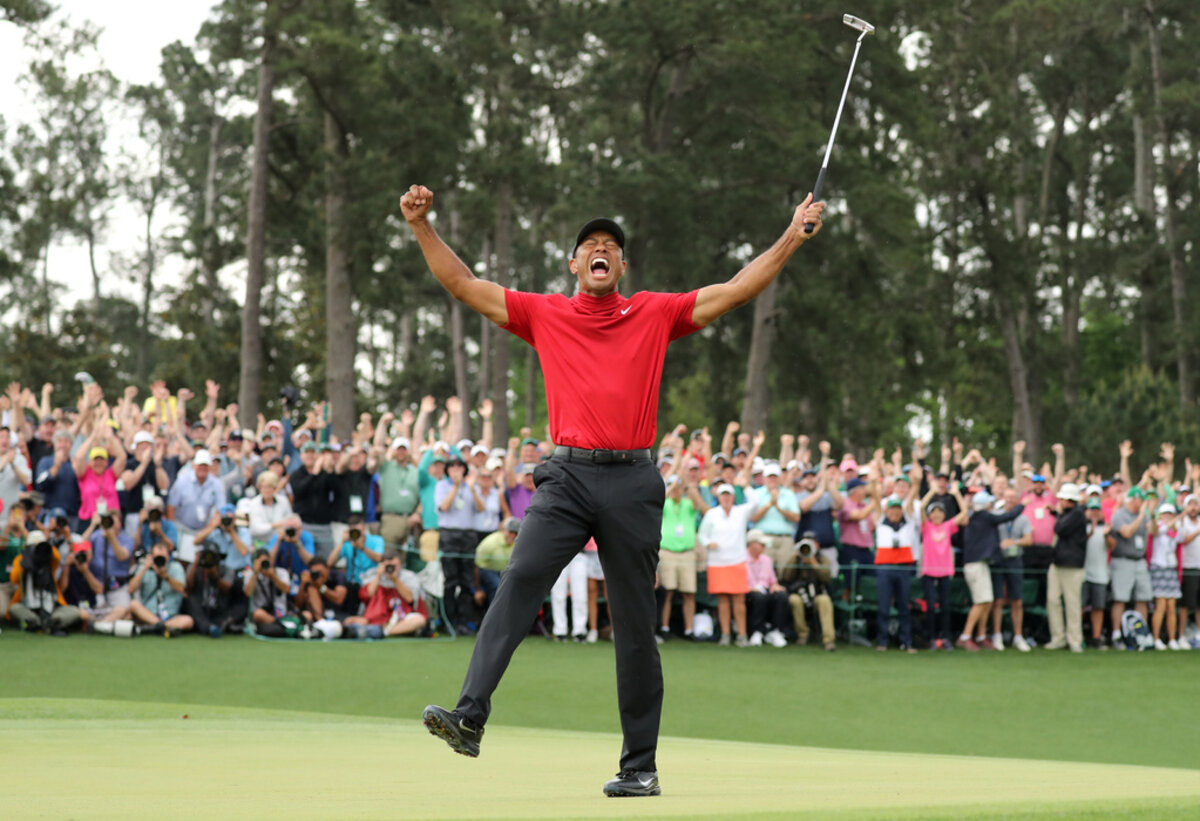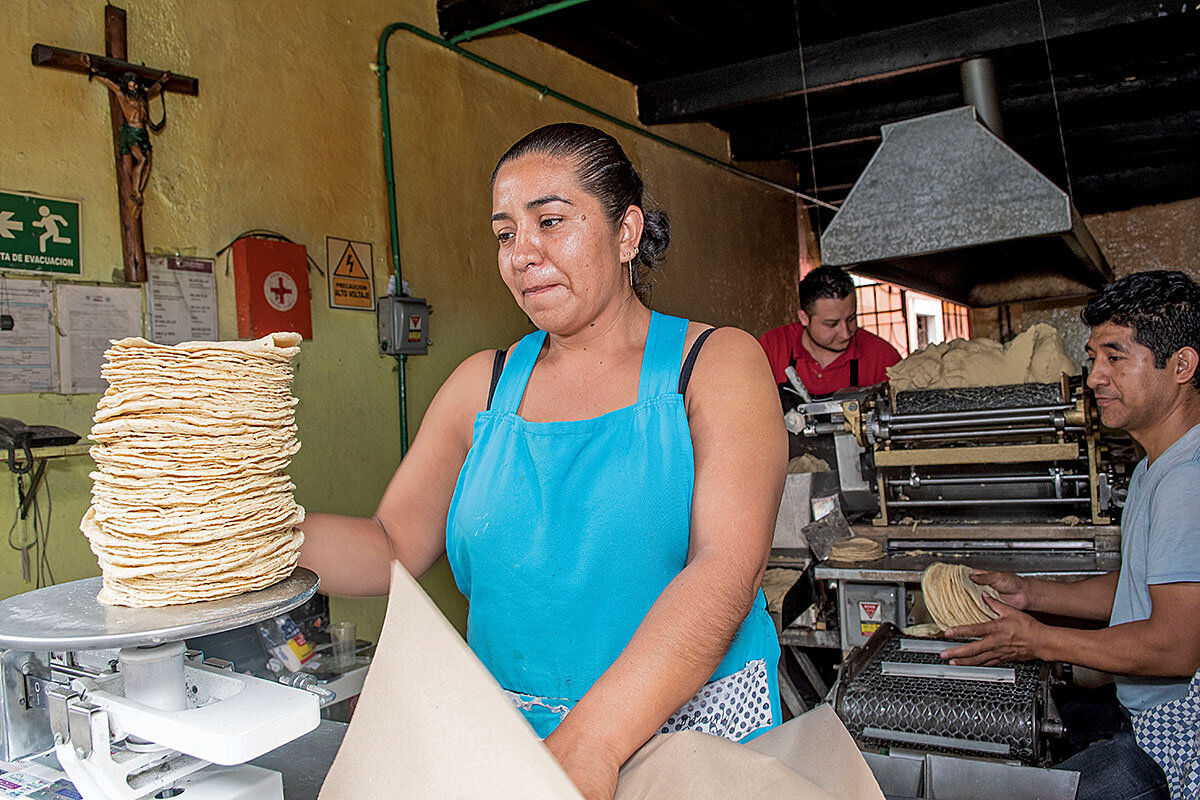For democracy to work, people need to feel their concerns are heard. When that doesn’t happen – or protest is met with violence – sharper lines can be drawn, making compromise and a path forward much more difficult.
Monitor Daily Podcast
- Follow us:
- Apple Podcasts
- Spotify
- RSS Feed
- Download
 Linda Feldmann
Linda Feldmann
Today’s stories include questions of self-determination in Iraq, efforts to reclaim the political narrative from Russian trolls, profiles of four young people carving out solutions to a global problem, a test – and triumph – of marital fidelity, and the wonders of a visitor from another solar system. But first, how a visit to Dayton led to an epiphany.
I’m just back from Dayton, Ohio, and the latest convening of the Dartmouth Conference – a six-decade-long effort by distinguished Americans and Russians to help improve bilateral relations. I always learn something at these dialogues, which I’ve been attending since 2015, but this one may be the most meaningful yet.
For the first time, the Dartmouth Conference has called on the two governments to take action: Extend the last remaining U.S.-Russian arms control treaty, New START, signed in 2010 and set to expire on Feb. 5, 2021. The agreement limits the number of strategic nuclear warheads each country can deploy.
Extending New START – while also addressing the broader security agenda, including cyber warfare – is a matter of life and death, the retired ambassadors, generals, and others agreed, as they gathered at the Dayton-based Kettering Foundation.
“The clear threat of an uncontrolled nuclear arms race has reemerged with the collapse in recent years of key elements of the post-Cold War arms control architecture,” the Dartmouth statement warned.
The meaning of our discussions stood out sharply on our final evening in Dayton, when we visited the National Museum of the United States Air Force – the world’s largest military aviation museum. Among its vast collection sits Bockscar, the B-29 bomber that dropped a Fat Man nuclear bomb over Nagasaki, Japan, in 1945.
“I had an epiphany,” says Peter Zwack, a retired Army brigadier general. “We had just been talking about New START and the horrors of nuclear war, and this sobering exhibit brought it full circle.”










